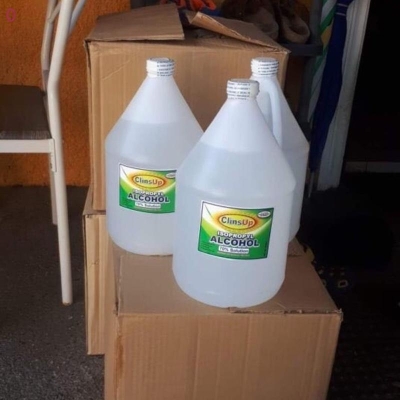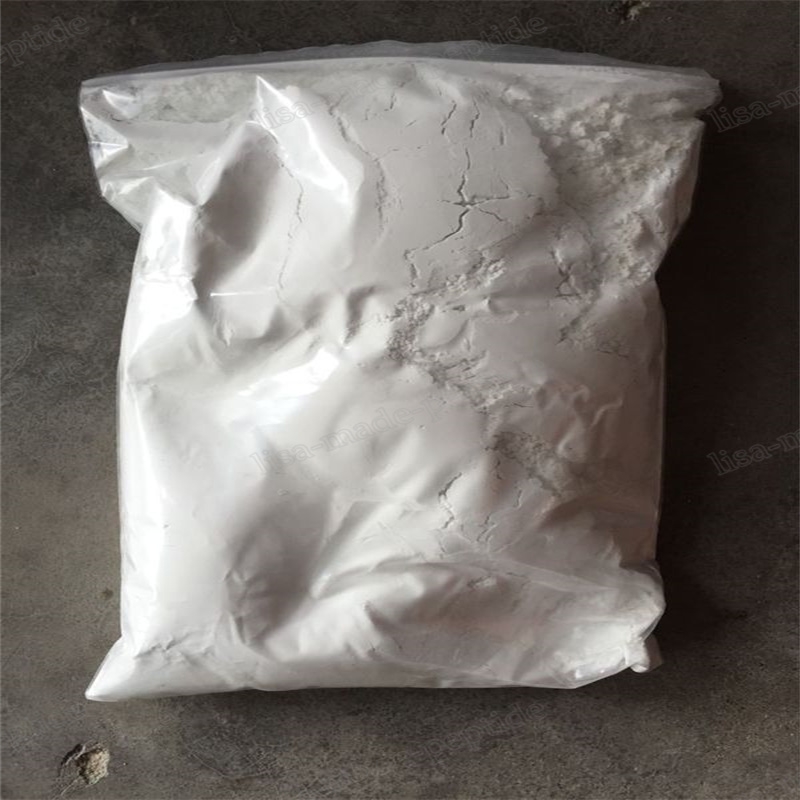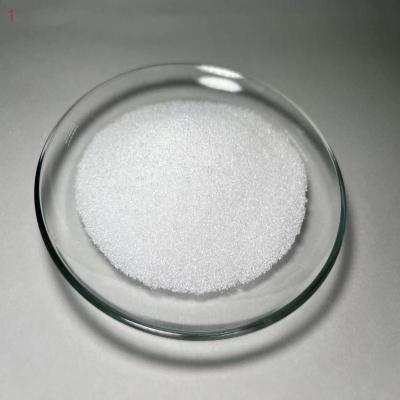-
Categories
-
Pharmaceutical Intermediates
-
Active Pharmaceutical Ingredients
-
Food Additives
- Industrial Coatings
- Agrochemicals
- Dyes and Pigments
- Surfactant
- Flavors and Fragrances
- Chemical Reagents
- Catalyst and Auxiliary
- Natural Products
- Inorganic Chemistry
-
Organic Chemistry
-
Biochemical Engineering
- Analytical Chemistry
-
Cosmetic Ingredient
- Water Treatment Chemical
-
Pharmaceutical Intermediates
Promotion
ECHEMI Mall
Wholesale
Weekly Price
Exhibition
News
-
Trade Service
"In recent years, there have been many new situations in India in the field of trade remedy investigations
.
Accordingly, companies also need to update their response methods and resolve risks
.
" At the recent business law lecture hall event, the deputy director of the Economic and Trade Friction Response Division of the China Council for the Promotion of International Trade (CCPIT) Commercial Law Center Wu Yan said
.
It is understood that, after the United States, India has become the second largest initiator of trade remedy investigations against China in the world
.
Since 1995, there have been a total of 2,177 first-instance cases of trade remedy initiated by the world against China, including 130 cases in 2020, with a year-on-year growth rate of 27.
45%
.
From 1995 to September 2021, India initiated a total of 1,167 trade remedy cases, of which there were 99 cases in 2020, with a year-on-year growth rate of 25.
32%
.
From 2010 to 2020, India has a total of 15 trade remedy cases against China
.
Among them, the top three industries are chemical raw materials and products industry with 64 cases, iron and steel industry with 16 cases, and non-metal products industry with 12 cases
.
From a legislative perspective, a new budget bill was updated this year
.
Wu Yan said that in order to ensure the development of the domestic industry, the Indian government has adjusted the tariffs and trade remedy measures for some products, and at the same time decided to revise the current effective regulations on trade remedy investigations
.
In general, the characteristics of legislation and amendments tend to be more protectionist, and technical terms are more in line with WTO norms and requirements
.
In addition, judging from the ruling results of specific cases, new changes have also occurred
.
"Beginning in 2019, the final rulings of some cases have turned to the tax rate for manufacturers instead of the bundled tax rate for exporters + producers
.
For some industries, such as ceramic tiles, the export pricing power rests with the exporter, and generally exports The commercial organization responded to the lawsuit, and the manufacturer did not even file a foreign trade operator
.
For these industries, if the tax rate is only given to the manufacturer, it will be extremely unfair to the exporter and not in line with commercial reality, increasing the cost of the enterprise
.
"Wu Yan also emphasized In the past, the Indian anti-dumping case did not require all the affiliated companies of the group company engaged in the production and sales of the products under investigation and similar products to respond to the lawsuit, but only the affiliated companies involved in exports to India or production for India.
required to respond
.
However, Indian lawyers reported that in some recent cases, investigators have changed their practice to require all affiliates engaged in the production and sales of the products under investigation and similar products to respond, which will undoubtedly greatly increase the difficulty of responding to lawsuits for large group companies
.
In response to the above new changes, Wu Yan suggested that, first of all, enterprises should actively respond to lawsuits and strive for the initiative
.
For example, in the assessment stage of the Ministry of Finance of the Indian cord fabric anti-dumping case in 2019, the company made unremitting efforts to achieve a reversed result.
In the final judgment of the potassium nitrate anti-dumping case in 2002, the company won the market economy status and low tax rate.
In 2017, nitroaniline The first sunset review of the (PNA) anti-dumping case, the enterprise obtained the result of zero tax rate
.
Secondly, the daily management should be standardized
.
"Enterprises need to establish a sound financial and production management system
.
Enterprises, in the process of daily operation and management, especially financial management, must comply with financial systems and norms
.
Good financial norms and records, retention of export documents, and complete production and storage records.
It is conducive to responding to the "double-anti" investigation
.
At the same time, it is necessary to ensure the consistency between sales, production, financial data and audit reports
.
" Wu Yan said that low invoicing and random invoicing should be avoided
.
Due to the characteristics of the Indian market and customers, in order to do business, many companies have inconsistent information on the commercial invoices they keep and the commercial invoices issued to Indian customers
.
Indian investigative authorities will check the export data of Chinese responding companies in some cases, resulting in related risks
.
Again, corporate publicity must be objective and realistic
.
Wu Yan said that many companies exaggerated their production capacity, output value, and sales information on their websites and company promotional materials, and exaggerated the company's history
.
There are also many companies that mispronounce corporate information, and many of the propaganda content is outdated and inconsistent with the current situation of the company, such as the situation of affiliated companies
.
In some cases, the Indian investigative authority has raised questions about the inconsistency between the information in the responses of the respondent companies' questionnaires and the information on the company's website and publicity materials.
If the respondent companies cannot reasonably explain, it will lead to unfavorable results
.
"Finally, enterprises must fully track and pay attention to the frontiers of their own industrial development, master relevant patented technologies and intellectual property achievements, and improve the technical content and price level of their products without engaging in price wars.
This is the most effective way to win anti-dumping cases.
One point is precisely the question that all Chinese companies should seriously consider
.
" Wu Yan said
.







